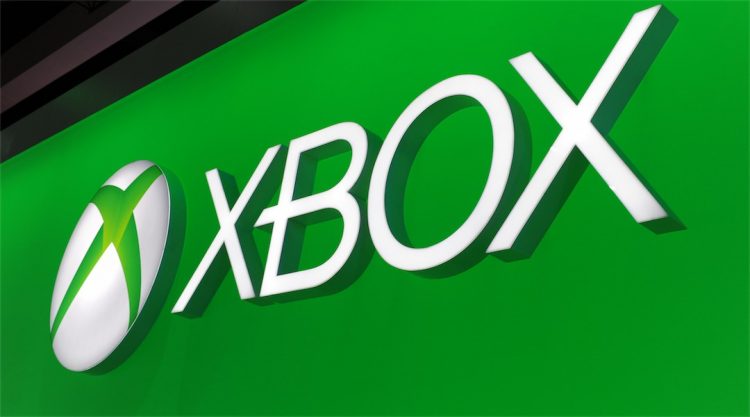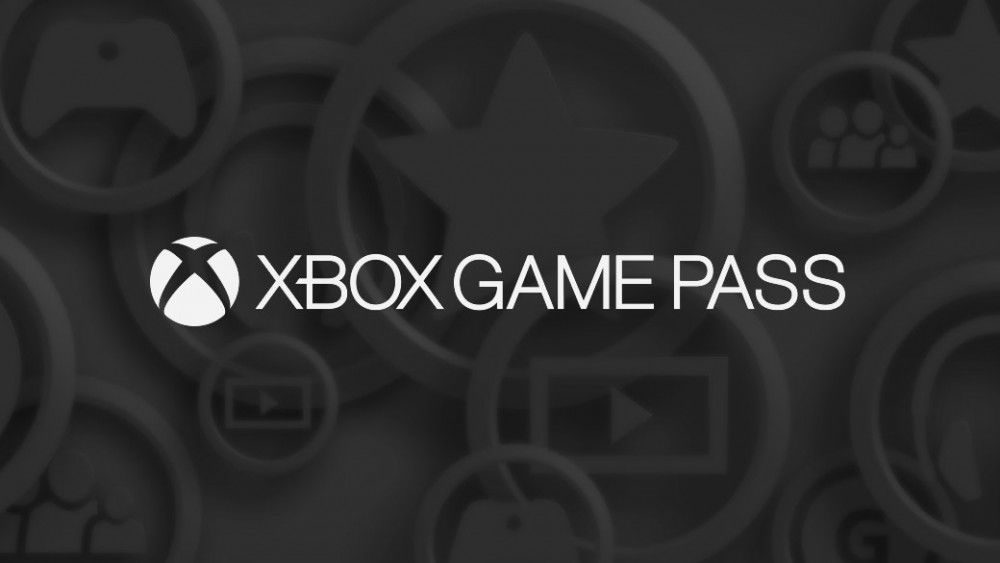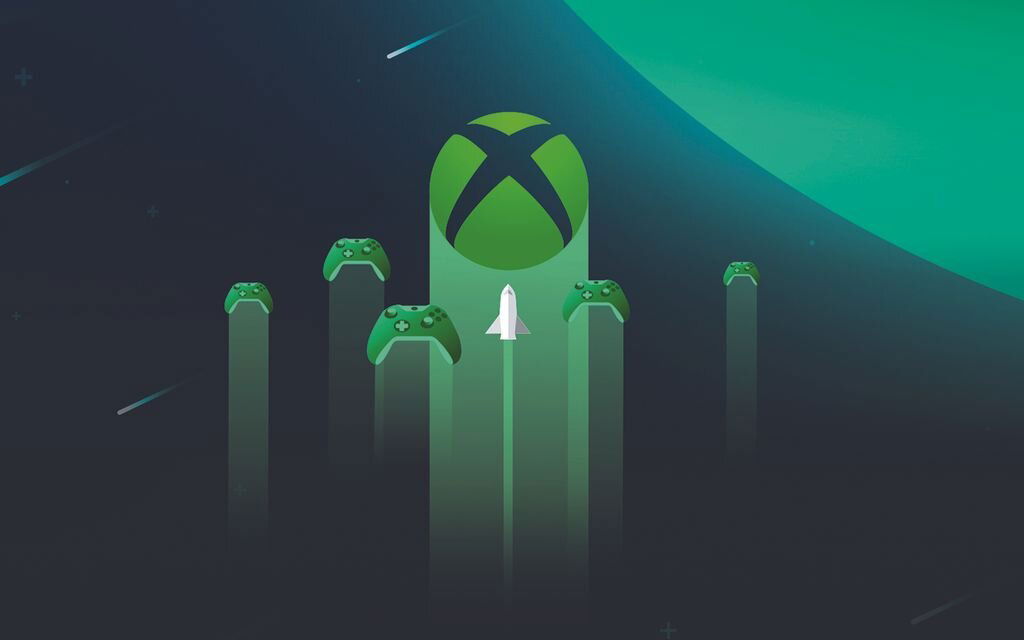We need to talk; over the last week or so, we’ve seen reports of more Xbox First-Party games coming to other competing platforms. Of course, everyone has their own opinion on whether this is a good or bad thing, and while I understand the importance of exclusives for a hardware platform. More people having access to great games isn’t bad as long as you continue to provide value to those who have chosen to invest in your ecosystem.
This brings us to what I really want to discuss: does Xbox have mixed messaging around its’ direction and vision in gaming? I’ve seen many people saying yes, but I disagree. I think the messaging has been consistent for years, and I feel some people have been choosing to ignore the reality because they want something different. Xbox and Microsoft aren’t playing console wars anymore, and the console hasn’t been their sole focus for a long time. Instead, they are more focused on an ecosystem approach with subscription content and services at the core. They have been very clear about it for a long time, and here is why.
1. Play Anywhere – Day One PC Releases
Xbox as a console hasn’t had any full exclusives for years, as far back as E3 2016, when the play anywhere initiative was announced, where you could buy a game once and play it on Xbox or PC. Later, resulting in all first-party games were released on day one on PC, and hell, some of them came to PC first, like Age of Empires 4.
The decision to do simultaneous PC releases was the first step in this more holistic approach; it’s about getting as many people as possible to engage with your services and content. A console alone can’t do that. While some saw this as a mistake, editor-in-chief Keith Mitchell thought differently and explained how Xbox Play Anywhere would be key to Xbox’s successes if they played their cards right.
2. Gamepass – Day One Releases
In 2017, Xbox launched its Netflix of games. Gamepass was initially only available with a small selection of games. It was soon expanded to include all first-party games across Console and PC on day one. The focus once again was made clear when Phil Spencer said in 2018. “So we built Xbox Game Pass — it started on console, it will come to PC, and eventually it will come to every device — we use the flywheel that we have with customers on an Xbox to start the growth in Xbox Game Pass. But as somebody sitting back and taking a longer-term view of where our business is going, you should look at that as a business model that we think scales to billions of people not hundreds of millions of people like retail does.” https://www.gamespot.com/articles/xbox-game-pass-will-eventually-be-on-every-device-/1100-6463693/
Bringing First Party games day one to a subscription service instantly meant the goal was now to sell the service first and the console second. If the console had still been the focus at the time, they wouldn’t have made the service available on PC. The intention was clear: to get Gamepass and, by extension, their content on as many devices as possible to reach the biggest audience and have the biggest ecosystem possible where it made sense.
Of course, you might argue while speaking to Windows Central, that Spencer said bringing its subscription service to its competitors was “not in [its] plans.” To me, that isn’t mixed messaging or misleading, as he never said it would or wouldn’t in the first place. Saying this means it won’t happen right now; it could even mean that they don’t expect it to happen, not that they don’t want it to ever happen. If they came out and said we don’t want this to happen ever again, that would be mixed.
3. Cloud Gaming
Another thing that makes Xbox’s ecosystem vision and focus very clear is Cloud Gaming. Admittedly, this is a new tech with a small audience for now, but it’s future-proofing and shows that they are thinking much wider than consoles for Xbox. Starting as a preview build beta test in 2019 under the name Xcloud, they would release the full version a year later, in September 2020. The service is now available on Mobile Phones, Web Browsers, Samsung Smart TVs, iPads, and more across 28 countries and counting. So I ask you, why do this if you’re trying to send a mixed message? Cloud Gaming on its own is the epitome of what it wants to be: a big ecosystem, one where you don’t even need to buy their hardware to be part of it but have the option should you want to.
4. Case by Case Basis.
In 2019, Xbox released Ori and The Blind Forrest on Nintendo Switch; this caused a discussion as to why Xbox would do such a thing. I would suspect it’s because it is fully in keeping with their goals to have a wide ecosystem of devices where you can choose to play if you want. They followed this by also releasing the sequel on Switch.
This conversation obviously returned a few years later when Microsoft acquired Zenimax/Bethesda. People wanted to know what would be exclusive and what wouldn’t be. In 2021, during the Xbox Bethesda Roundtable, Spencer said, “Obviously, I can’t sit here and say every Bethesda game is [an Xbox] exclusive because we know that’s not true,” explained. “There’s contractual obligations that we’re going to see through. We have games that exist on other platforms, and we’re going to support those games on the platforms they’re on. There’s communities of players – we love those communities and will continue to invest in them – and even in the future, there might be…either contractual things or legacy on different platforms that we’ll go do.”
That sounds eerily like a case-by-case system, something they had previously said on multiple occasions. I understand people’s desire for consistency and want to be sure that everything is one way or the other, but that just isn’t how Xbox functions anymore; they will release games on other platforms when it makes sense. Their actions and words for years at this point have made that clear, and some of you may point to IGN’s Unlocked Podcast Episode 437 from 2020.
In the episode, Spencer talked about how he didn’t want rumors about every game that would come to other platforms. For me, though, the important part was he said not EVERY game… once again, that sounds like a case-by-case system, right?
So, Is The Messaging Mixed?
Ultimately, I can understand people’s frustration when the hardware they are invested in is less necessary to play the games they want. At times, I can even see that the messaging around Xbox’s direction and its games has been vague and not completely upfront. I would argue that the goals and plans for Microsoft’s gaming offerings have still been consistently clear. Every step they’ve taken for nearly a decade has served this same purpose—a wide-ranging ecosystem of devices and places to play Xbox content. Gamepass is seemingly the focus; while they continue to support the Xbox Hardware with exclusives, they will bring games to other platforms like Nintendo or PlayStation on a case-by-case basis.
Everything I’ve discussed above leaves me often feeling like… “I don’t know how they can make it much clearer than it has already been for years.” Xbox is more than just a console now, just like Google is more than a search engine. So now you know what I think, I leave you with this question. Is the messaging mixed, or are they just doing something that people aren’t used to and, therefore, finding it hard to accept?
What do you think? Let me know in the comments.





